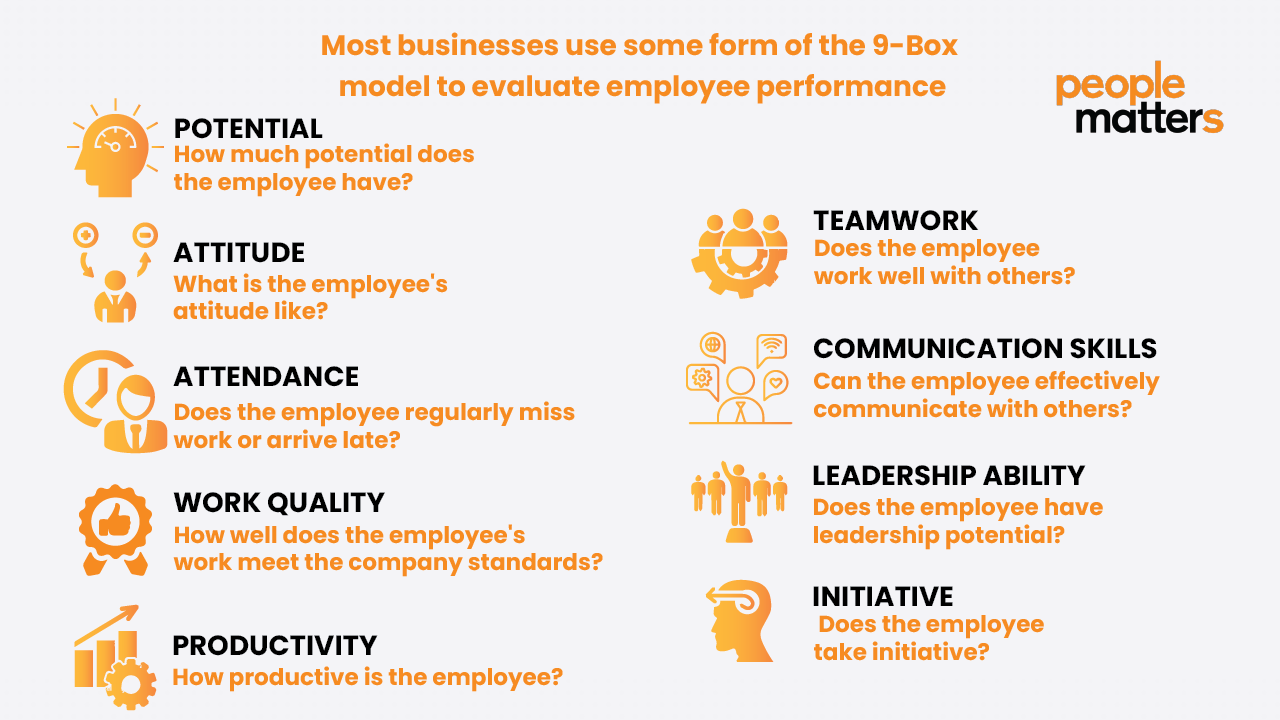Performance Review: How to ace your chances of getting that pay raise

It's that time of year again: the end-of-the-year performance evaluation. For many, it's a nerve-racking period as they wait to see what their employers’ decisions will be when it comes to salary and promotions. Follow these essential steps to best prepare yourself for the end-of-year performance review and increase your chances of getting that hard-earned pay raise.
Understand the performance evaluation process
The end of the financial year is the time when most businesses review the performance of their employees and decide who deserves a raise. If you're hoping to get a pay raise, it's important to understand the performance evaluation process so that you can maximise your chances of getting one.

Make sure you have accurate records of your work
If you're looking to get a pay raise, one of the best things you can do is make sure you have accurate records of your work. This means keeping track of everything you do on a daily basis, as well as any accomplishments or successes you achieve.
The more detailed and specific your records are, the more likely your boss will be impressed and grant you the raise you seek. So, set aside some time to think about what kind of information would be most useful to include.
It’s even better if you can provide hard data to back up your claims about your work performance. For example, if your sales increased by 10% in Q4 over Q3, make sure to mention it. By planning ahead of time, you will increase your chances of receiving the raise you deserve.

Communicate how you would like to be rated
When it comes to performance evaluations, it is critical to communicate how you want to be rated. This can help ensure that your boss understands your goals and that you receive the feedback you require. Here are some pointers for communicating how you want to be rated:
-
Be clear about what you want: Make sure that you are clear about the kind of feedback you are looking for. Is it feedback on your work performance? On your behaviour or attitude? Be specific so that your boss knows what to focus on.
-
Give examples: When asking for feedback, give examples of what you mean. For instance, if you want feedback on your work performance, you could say, "I'd like some feedback on my presentation skills." This will help your boss know exactly what aspect of your work he or she should focus on.
-
Explain why this is important to you: Help your boss understand why this feedback is important to you. If you can explain why getting this feedback will help you improve or do better in your job, he or she is more likely to be receptive.
-
Be open to criticism: It's important to be open to criticism when asking for feedback. Remember that the purpose of this feedback is to help you improve, so don't take it personally. Listen with an open mind and use constructive criticism to improve your work in the future.
Professional Success: Tips on how to be successful at work
Be prepared to negotiate a pay raise
-
Start by taking a close look at your recent performance. Have you gone above and beyond your job description? Have you received any positive feedback from your superiors? If so, make sure you have this documentation handy to present as evidence during your negotiations.
-
Next, calculate how much of a raise you feel you deserve. Be realistic but don't be afraid to ask for what you want – remember that your employer knows they can't give everyone a raise, so if you don't ask for what you want, you're unlikely to get it.
-
Finally, brush up on your negotiation skills. The better prepared you are to negotiate, the more likely you are to get the pay raise you deserve. For tips on how to negotiate effectively, check out our previous blog post on the topic.
Showcase your accomplishments
If you are seeking a raise at your end-of-year performance review, it's important to highlight your accomplishments from the past year. Here are a few tips on how you can do that:
-
Keep a list of your achievements throughout the year. This will make it easier for you to remember everything when it is time to write it down or talk about it in your review.
-
Highlight any achievements that go beyond what is expected of you in your job description.
-
Give concrete examples and figures. This will give you a picture of what you have achieved and make your achievements more tangible.
-
Use positive language when describing your achievements. For example, instead of "I increased sales by X%", say: "I successfully increased sales by X%."
-
Be prepared to talk about challenges you have overcome during the year. This shows that you are resilient and can handle difficult situations well.
Leaders vs Managers: What’s the difference between leadership and management?
Prepare for potential rejection
No matter how well you think you performed this year, there's always a chance you won't get the raise or bonus you're hoping for. While it's never easy to deal with rejection, there are things you can do to prepare for it and minimise the impact it has on you.
Here are a few things to keep in mind if you're fearing the worst:
1. Don't take it personally. It's not always about your performance – sometimes, budget restraints or company dynamics can play a role in who gets a raise and who doesn't.
2. Keep your expectations realistic. If you didn't get that big promotion or raise you were hoping for, don't assume it means you're a terrible employee. Chances are, there were other factors at play.
3. Focus on the positive. Even if you didn't get everything you wanted, try to focus on the positive aspects of your performance review and what feedback you did receive. Use it as an opportunity to learn and grow, rather than dwelling on the negative.
4. Talk to your boss. If you're still feeling upset after your review, set up a meeting with your boss to discuss your concerns and see if there's anything they can do to address them (within reason). Sometimes just having an open conversation can help clear the air and help you move on from the experience.
By following these tips, you'll be better prepared to showcase your accomplishments during your performance review and ace your chances of getting that pay raise!















